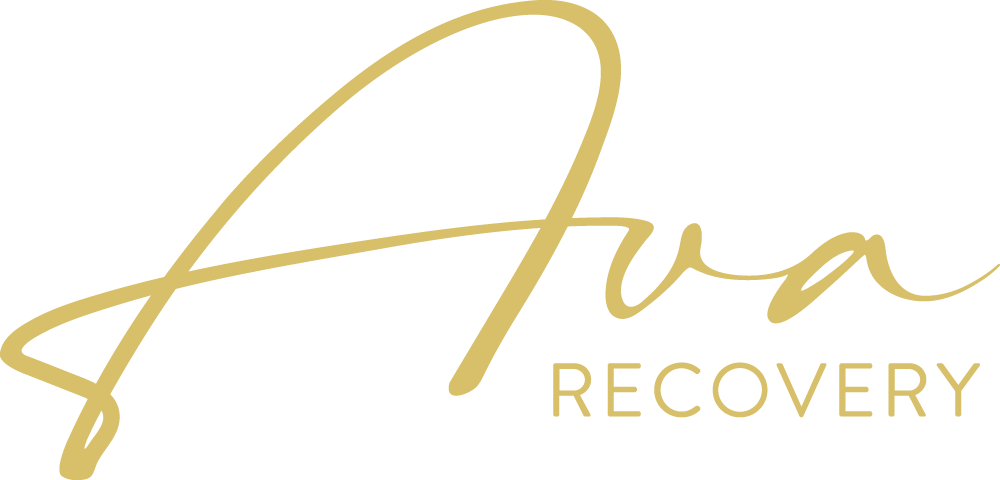There are many types of stigma in addiction recovery. Stigmas refer to false beliefs that are often spread by a specific topic or group, and it can make it difficult for individuals to get the right type of education or understand things about addiction, particularly the treatment options that are out there.
Addressing Structural Stigma in Addiction Recovery
Structural stigma refers to the larger stigma that is found in common practices, employee terminology and documents, legal policies, or other laws. While individuals may not be able to completely change these, companies and individuals can work hard to provide correct information on substance abuse.
Goal: Create educational resources for staff or community organizations about stigma and language and how to reverse deeply entrenched barriers that prevent those in need from seeking help.
Addressing Social Stigma
Social stigma is one of the most prolific forms of stigma in addiction recovery. Social stigma can lead to incorrect beliefs like:
- Addiction is a choice
- People who struggle with addiction don’t have willpower, or morals, or don’t care about their loved ones
- Only someone who is poor or uneducated ends up with an addiction
- No one can help someone with addiction
Helping to overcome social stigma in addiction recovery starts with education. Far too often, people spread information without confirming its accuracy. This is especially easy for individuals who don’t have direct links to addiction, meaning they or someone in their family has never struggled with addiction.
Goal: If you don’t know for certain, educate yourself and then help to educate others by correcting this information.
Another way to go about addressing social stigma is to be aware of the words that are used. Far too often words, which have real power, are used without regard for their impact, especially where substance abuse disorders are involved. It is common for people to label anyone struggling with an addiction as “addict,” “alcoholic,” or “druggie” and to perceive them as having poor character, no willpower, being dangerous, or being untrustworthy.
Goal: Take a moment to reflect on the words you use when talking about addiction to others and see if you can change simple things like replacing “addict” with “person with addiction” and the impact that has.
Addressing Self-Stigma
Self-stigma is often related to social stigma, and it refers to any negative stereotypes that a single person has about themselves. These types of self-inflicted stigmas can prevent people from getting help, increase feelings of shame or guilt, and lead to the development of the “why try” or “why bother” effect.
This is a feeling where an individual believes that they are fundamentally hopeless or broken, and as such, there is no point in trying to get help for addiction because they will “never” overcome it.
Goal: Practice recognizing the words you say to yourself, and try to replace negative automatic words with positive ones, doing away with things like “never” or “always” and replacing them with “sometimes.”
Getting Help with Ava Recovery
Don’t let social, structural, or self-stigma get in the way of seeking the help you deserve.
At Ava Recovery, our team can help you overcome the stigma of addiction recovery. Our residential treatment center offers access to trauma-focused care, and DBT and IFS group therapy..We understand that those struggling with addiction make choices in order to meet their needs. With the right treatment, they can learn how to meet those needs without drugs or alcohol and improve their connection to themselves or resolve underlying trauma.
Overall, working to overcome stigma in addiction recovery takes a concerted effort from all of those whose lives have been touched or not by addiction. The more people work to acknowledge addiction and share education about it, the less stigma exists.
Interaction with people who are stigmatized by addiction language, barriers, or social beliefs is one of the best ways to reduce stigma. Volunteering in situations where you meet individuals struggling with addiction can help you dispel myths or preconceptions you may have had and show you that anyone can develop an addiction, and it has no relationship to their morality or social standing.
Contact our team to learn more about our addiction treatment programs in Texas.






